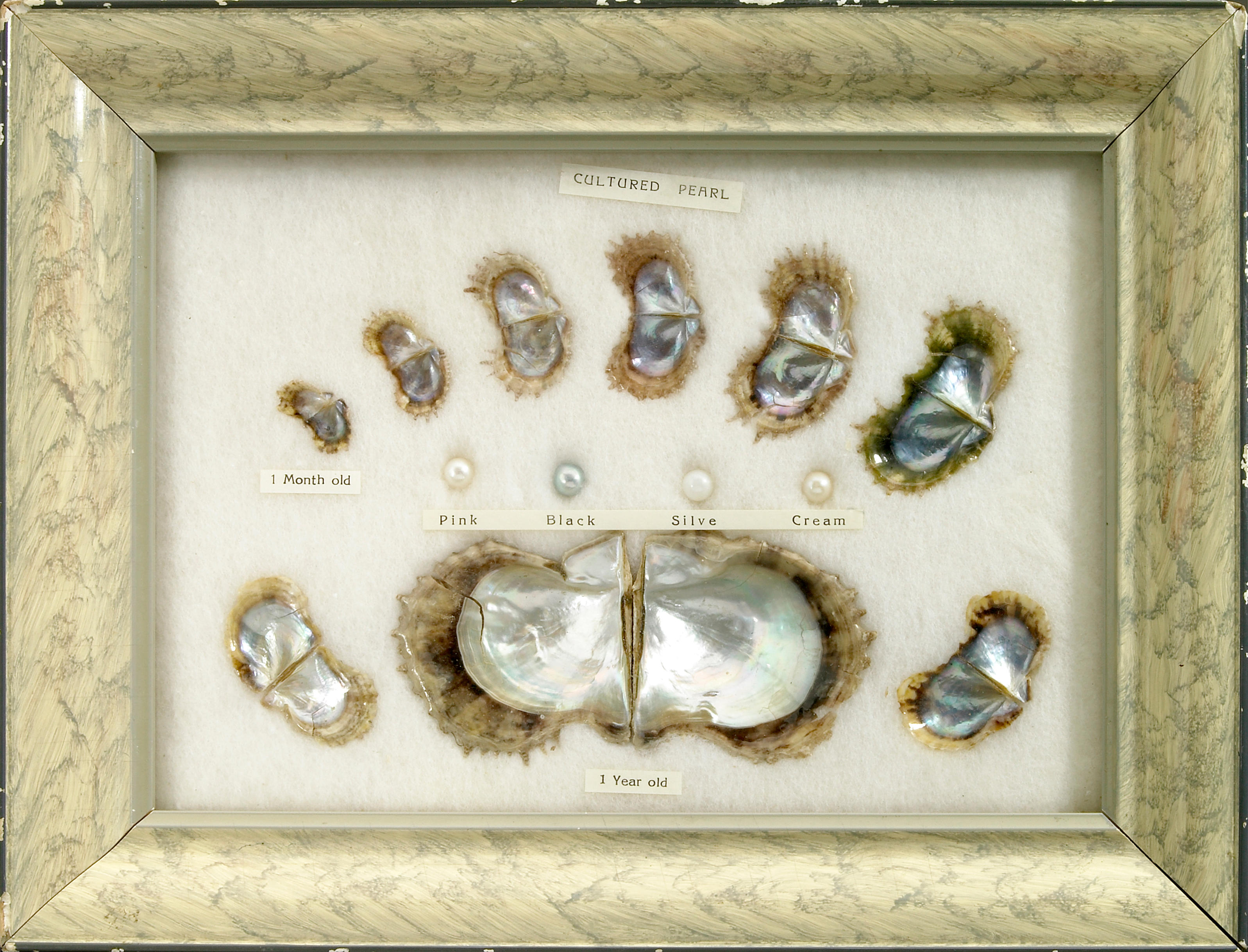[TENNESSEE] An extensive collection of letters and documents relating to The Watauga Association, 1779-1814. Washington County, [Franklin] Tennessee: circa 1779-1814. An extensive collection of approximately 64 autograph letters and printed documents accomplished in manuscript, all variously signed. The largest sheets about 13 x 8 inches (33 x 21 cm); the documents are paired with transcriptions within the plastic sheets of two large black pebbled cloth binders, these housed in matching slipcases, overall about 17 x 14 1/2 inches (43 x 37 cm). Most documents fine with usual folds, foxing and stray stains, others with repairs including tissue repair to fold, paper infill to losses, and other wear. A fascinating collection which would be very difficult to replicate today, with helpful transcriptions and a distinguished presentation . Provenance: The Elsie O. and Philip D. Sang Foundation, Sotheby Parke Bernet, 20 June 1979, The first European settlers to head west into what is now Tennessee came from the Carolinas and back country of Virginia via the Grand Valley around 1770. Settling on lands in the Watauga and Nolichucky valleys that by treaty belonged to the Cherokee, in May 1772 the settlers negotiated a 10-year lease directly with the Cherokee and, being outside the claims of any government, established the Watauga Association to provide basic functions. Naturally, the lease was vehemently opposed by the British Crown and upon the outbreak of the Revolutionary War the settlers devoted themselves to the American cause, formed a Committee of Safety, and named the area the "Washington District" thus ending the brief period of the "Watauga Republic." After Virginia refused to annex them, the Washington District was finally admitted to North Carolina as Washington County in November 1777. The Cherokee, loyal to the British, launched an attack against the settlements in July 1776 but were defeated and in 1777 the Cherokee ceded control of the Watauga and Nolichucky valleys to the American colonies upon signing the Treaty of Long Island. After the War in 1784, North Carolina ceded western lands to the Federal Government to pay off war debt but the Federal Government was not able to take possession within the required two year period and the Washington District settlers attempted to organize their lands into a 14th state to be known as "Franklin" or "Frankland." The state was denied entrance to the Union by a congressional vote in 1785, and Franklin continued to operate independently until threatened by the arrival of North Carolina troops in 1787. The State of Franklin dissolved in February 1789 although separatists formed a "Lesser Franklin" government and managed to hold out until 1791 at which time North Carolina, via further treaties with the Cherokee, was able to secure the entire region and again ceded it to the Federal Government, which this time formed it into a U.S. Territory and later the State of Tennessee as admitted to the Union in 1796. The present archive includes documents signed by several of the principal players in The Watauga Association episode, including John Sevier (Governor of the State of Franklin 1785-88 and Governor of State of Tennessee 1796-1801); William Blount of the Territory South of the River Ohio (1790-96); Colonel John Carter (an original Watauga settler); Thomas Talbott (sheriff of Washington County); John Tipton (frontiersman who opposed the State of Franklin); and many others of interest. The documents are mostly legal in nature including land grants and indentures, receipts, summonses, affidavits, and appointments and includes official manuscript documents from the State of North Carolina and examples of rare printed forms from the "Territory South of the Ohio" and "The State of Tennessee." A remarkable archive worthy of future research and institutional consideration. C Private Collection of Barbara and Ira Lipman
[TENNESSEE] An extensive collection of letters and documents relating to The Watauga Association, 1779-1814. Washington County, [Franklin] Tennessee: circa 1779-1814. An extensive collection of approximately 64 autograph letters and printed documents accomplished in manuscript, all variously signed. The largest sheets about 13 x 8 inches (33 x 21 cm); the documents are paired with transcriptions within the plastic sheets of two large black pebbled cloth binders, these housed in matching slipcases, overall about 17 x 14 1/2 inches (43 x 37 cm). Most documents fine with usual folds, foxing and stray stains, others with repairs including tissue repair to fold, paper infill to losses, and other wear. A fascinating collection which would be very difficult to replicate today, with helpful transcriptions and a distinguished presentation . Provenance: The Elsie O. and Philip D. Sang Foundation, Sotheby Parke Bernet, 20 June 1979, The first European settlers to head west into what is now Tennessee came from the Carolinas and back country of Virginia via the Grand Valley around 1770. Settling on lands in the Watauga and Nolichucky valleys that by treaty belonged to the Cherokee, in May 1772 the settlers negotiated a 10-year lease directly with the Cherokee and, being outside the claims of any government, established the Watauga Association to provide basic functions. Naturally, the lease was vehemently opposed by the British Crown and upon the outbreak of the Revolutionary War the settlers devoted themselves to the American cause, formed a Committee of Safety, and named the area the "Washington District" thus ending the brief period of the "Watauga Republic." After Virginia refused to annex them, the Washington District was finally admitted to North Carolina as Washington County in November 1777. The Cherokee, loyal to the British, launched an attack against the settlements in July 1776 but were defeated and in 1777 the Cherokee ceded control of the Watauga and Nolichucky valleys to the American colonies upon signing the Treaty of Long Island. After the War in 1784, North Carolina ceded western lands to the Federal Government to pay off war debt but the Federal Government was not able to take possession within the required two year period and the Washington District settlers attempted to organize their lands into a 14th state to be known as "Franklin" or "Frankland." The state was denied entrance to the Union by a congressional vote in 1785, and Franklin continued to operate independently until threatened by the arrival of North Carolina troops in 1787. The State of Franklin dissolved in February 1789 although separatists formed a "Lesser Franklin" government and managed to hold out until 1791 at which time North Carolina, via further treaties with the Cherokee, was able to secure the entire region and again ceded it to the Federal Government, which this time formed it into a U.S. Territory and later the State of Tennessee as admitted to the Union in 1796. The present archive includes documents signed by several of the principal players in The Watauga Association episode, including John Sevier (Governor of the State of Franklin 1785-88 and Governor of State of Tennessee 1796-1801); William Blount of the Territory South of the River Ohio (1790-96); Colonel John Carter (an original Watauga settler); Thomas Talbott (sheriff of Washington County); John Tipton (frontiersman who opposed the State of Franklin); and many others of interest. The documents are mostly legal in nature including land grants and indentures, receipts, summonses, affidavits, and appointments and includes official manuscript documents from the State of North Carolina and examples of rare printed forms from the "Territory South of the Ohio" and "The State of Tennessee." A remarkable archive worthy of future research and institutional consideration. C Private Collection of Barbara and Ira Lipman











.jpg)


Try LotSearch and its premium features for 7 days - without any costs!
Be notified automatically about new items in upcoming auctions.
Create an alert